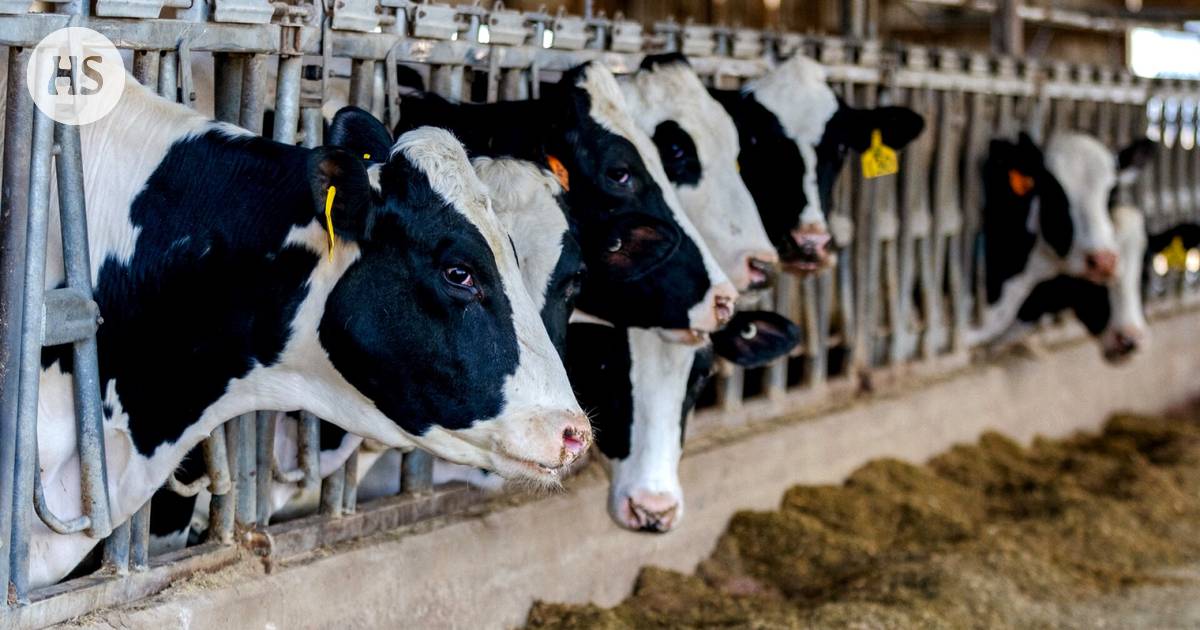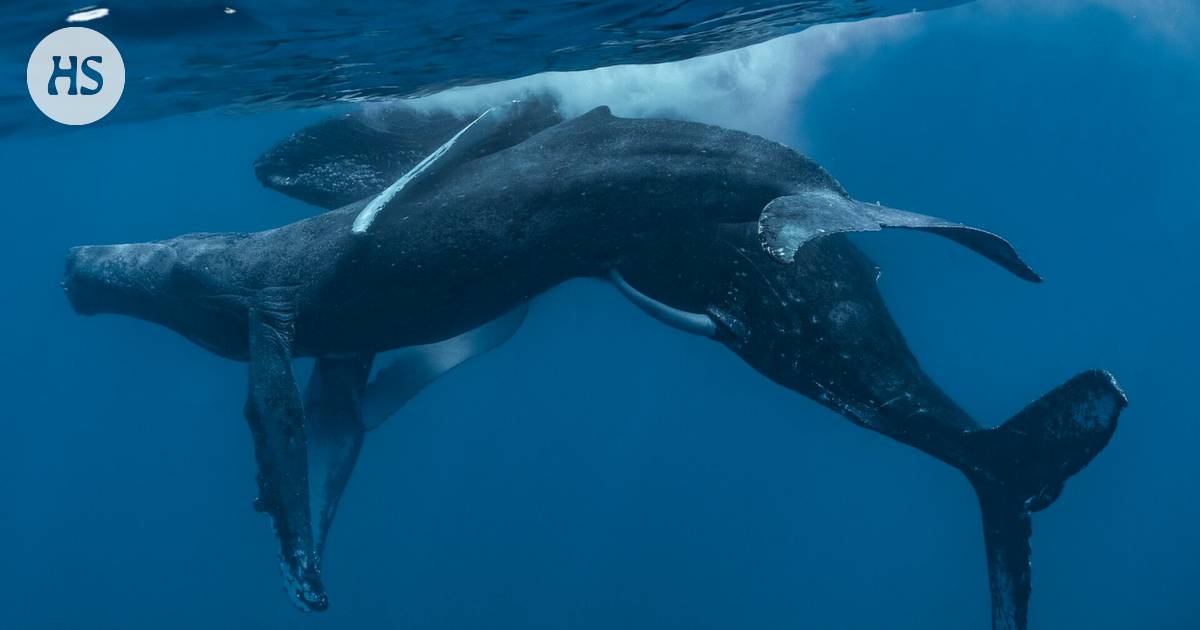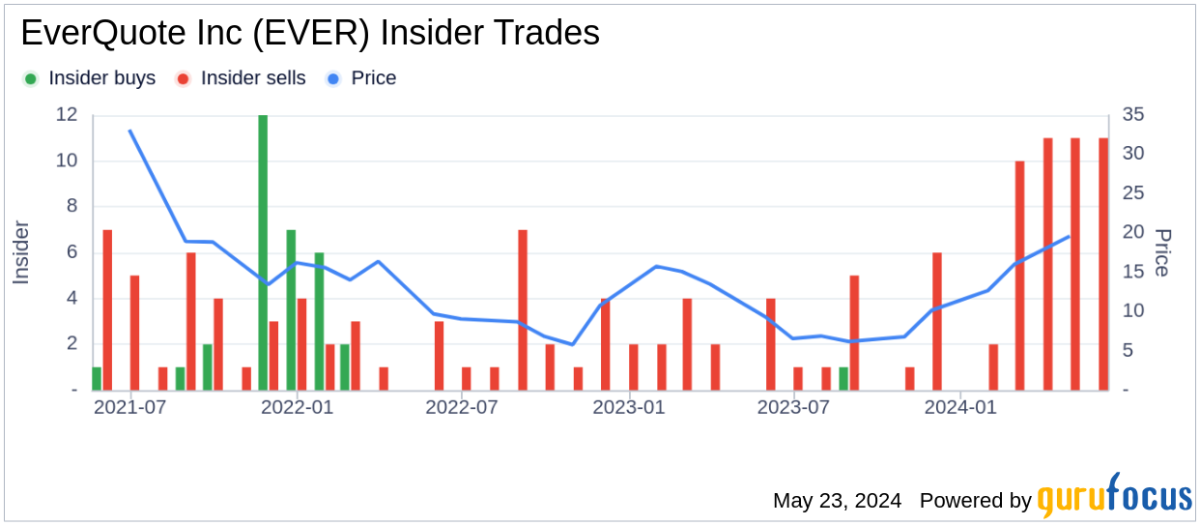In Europe, bird flu has not been detected in cattle, and experts from the Food Agency caution against drinking unpasteurized milk. However, in the United States, bird flu has spread to dairy herds, affecting 42 herds in nine states. The first cases were observed in Texas, with infected cows showing symptoms such as decreased milk production, appetite loss, fever, and fatigue. Livestock farm workers are at risk of infection due to close contact with infected cows, manure, and milk. One person in contact with the livestock has already been confirmed to have bird flu, though the symptoms were mild. The majority of farm workers affected are Spanish-speaking immigrants who may lack access to healthcare and sick leave provided by their employers.
Meanwhile, Finland has not detected bird flu in cattle or birds this spring. Wild birds have shown reduced virus activity compared to previous years due to new regulations aimed at controlling outbreaks among mammals. The Food Agency advises cattle to continue grazing as usual but cautions against consuming unpasteurized milk. If mass bird deaths occur on Finnish farms, the agency recommends promptly removing carcasses from pastures and following established disease risk control measures on farms. In the event of suspected bird flu cases in Finnish cows, the agency is prepared to conduct tests.
The international community is concerned about the potential pandemic risks posed by bird flu after outbreaks in Finnish fur farms led to euthanization of affected animals earlier this year. Regulations have been put in place to prevent future outbreaks among mammals underscoring the importance of early detection and swift action in controlling infectious diseases.
Overall, it is crucial that livestock farmers take necessary precautions to prevent the spread of bird flu among their herds and protect both their workers and consumers from potential harm caused by unpasteurized milk consumption.



